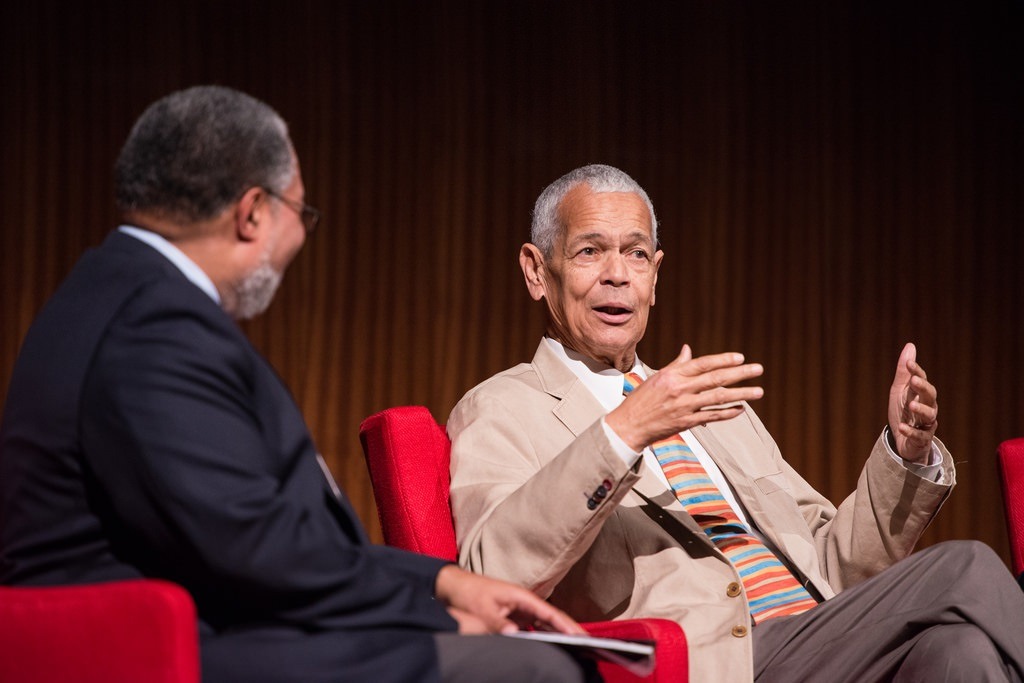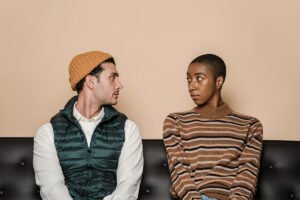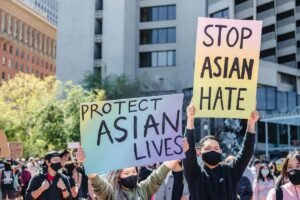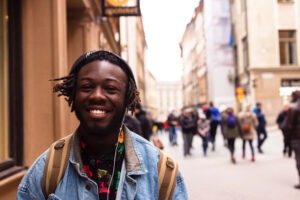
August 16, 2015; New York Times
This author last saw Julian Bond this past spring at a conference in Washington, D.C., “Vietnam: The Power of Protest.” In our few words of conversation, Bond was exactly as expected: generous, inclusive, wise.
Julian Bond passed away this weekend. The nonprofit sector should take note. Bond’s life, work, and words are important to all nonprofits that are concerned about human rights. One of the original leaders of the Student Nonviolent Coordinating Committee (SNCC) while a student at Morehouse College, Bond was a co-founder of the Southern Poverty Law Center (SPLC) and a longtime chairman of the board of the National Association for the Advancement of Colored People (NAACP). Bond should be credited with having built or sustained key organizations in the architecture of this nation’s civil rights movement, but he was also a personal icon for the meaning of democracy. In 1966, Bond was elected to the Georgia state House of Representatives, but his white colleagues refused to permit him to be seated, accusing him of disloyalty due to his opposition to the Vietnam War. It took the U.S. Supreme Court to order the state legislature to seat Bond, though his fellow state legislators studiously ignored and isolated him for many years.
Sign up for our free newsletters
Subscribe to NPQ's newsletters to have our top stories delivered directly to your inbox.
By signing up, you agree to our privacy policy and terms of use, and to receive messages from NPQ and our partners.
The best way for Nonprofit Quarterly to recognize and honor Julian Bond is to share some of what he said of particular relevance to the critical social and political issues of today:
- Of relevance to the #BlackLivesMatter movement: “The humanity of all Americans is diminished when any group is denied rights granted to others.”
- The long-term struggle for civil rights: “I do think that some of us began to realize that this was going to be a long struggle that was going to go on for decades, and you’d have to knuckle down. A lot of people in our generation did that. They didn’t drop out and run away.”
- Nonprofit human service delivery in its proper context: “Many are attracted to social service—the rewards are immediate, the gratification quick. But if we have social justice, we won’t need social service.”
- Advice for millennials: “I tell young people to prepare themselves as best they can for a world that grows more challenging every day—get the best education they can, and couple that education with real-life experience in social justice work.”
- LGBT rights as a civil right: “If your Bible tells you that gay people ought not be married in your church, don’t tell them they can’t be married at City Hall. Marriage is a civil rite as well a civil right, and we can’t let religious bigotry close the door to justice to anyone.”
- Why we do what we do: “The First Amendment means everything to me.”
The latter quote is particularly important, as the Supreme Court compelled the Georgia legislature to give Julian Bond his seat because of its finding that the legislature had denied him freedom of speech. Like Dr. Martin Luther King, Jr., Bond had come to see the intertwined nature of civil rights for people of color, socioeconomic issues such as education and employment, and the importance of speaking out, agitating, and organizing. Hopefully, nonprofits will look at what Bond’s life teaches. His absence in our political life will be palpable.—Rick Cohen












